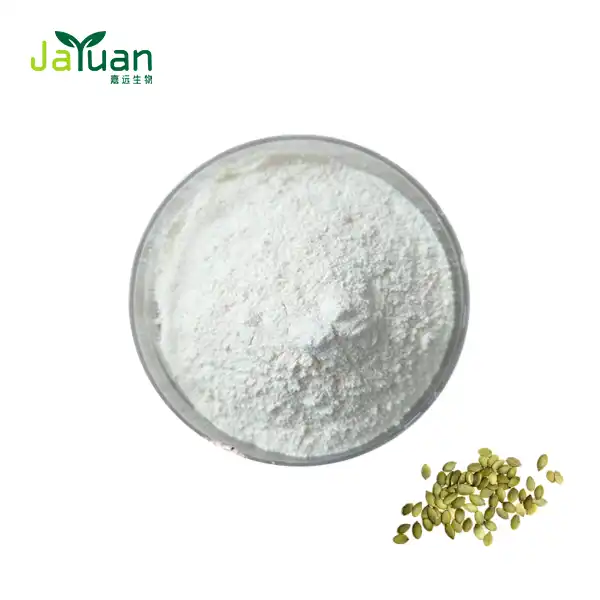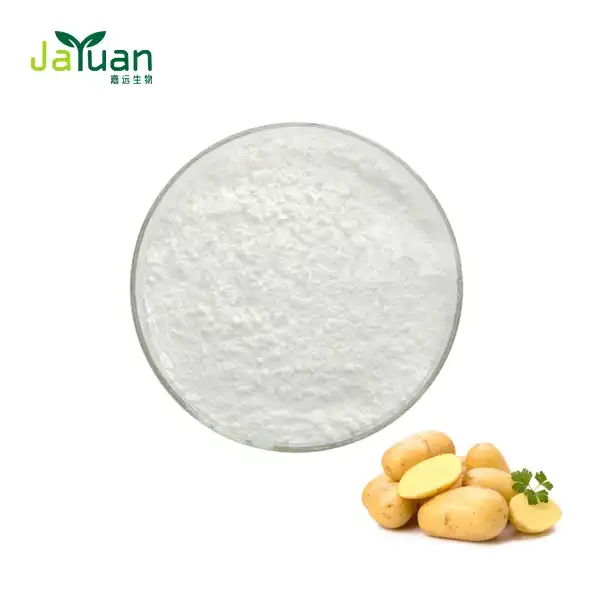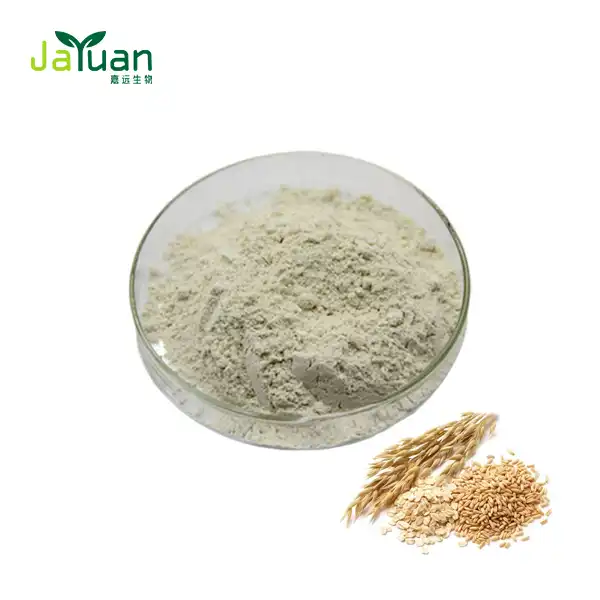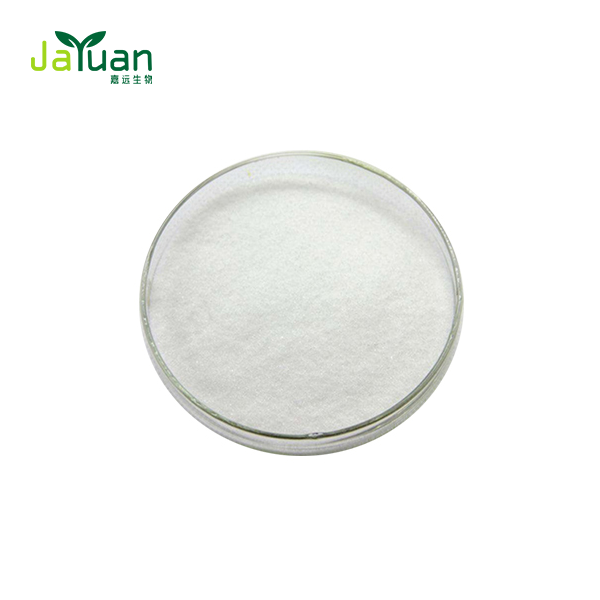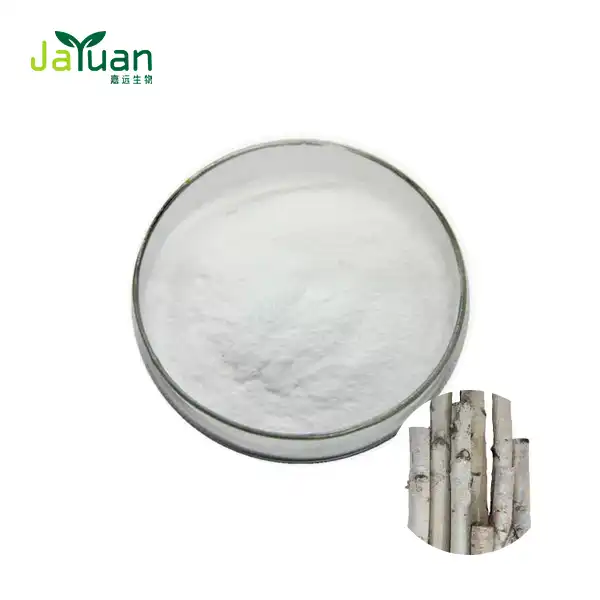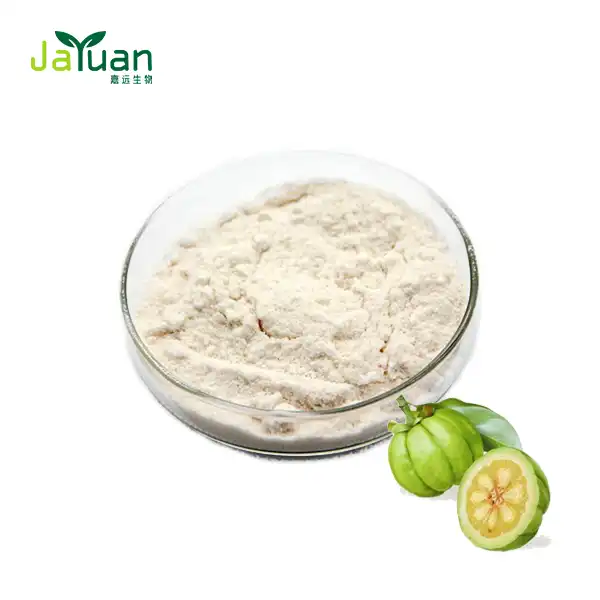Can Yak Bone Marrow Peptide Enhance Immune System Function?
In recent years, there has been growing interest in natural compounds that may support immune health. One such compound gaining attention is yak bone marrow peptide. Derived from the hardy yaks that roam the high-altitude regions of Central Asia, these peptides are believed to possess unique properties that could potentially benefit human health. This article explores the current research and understanding of how yak bone marrow peptides may influence immune system function. Yaks are remarkable animals adapted to survive in harsh, high-altitude environments. Their ability to thrive in such conditions has led researchers to investigate whether compounds derived from yaks, particularly from their bone marrow, might offer health benefits to humans. Yak marrow peptide is a protein fragment extracted from the bone marrow of these resilient creatures.

Do yak bone marrow peptides boost natural killer (NK) cell activity?
Natural killer (NK) cells play a crucial role in the body's first line of defense against various challenges. These cells are part of the innate immune system and are known for their ability to rapidly respond to potential threats. Some research suggests that yak bone marrow peptides may have a positive influence on NK cell activity.
A study conducted on animal models indicated that supplementation with yak bone marrow peptides led to an increase in NK cell populations. The researchers observed that the subjects given the peptides showed higher levels of NK cell activity compared to the control group. This enhanced activity could potentially translate to improved immune surveillance and response.
However, it's important to note that while these findings are intriguing, they are primarily based on animal studies. Human trials are necessary to determine whether similar effects occur in people and to establish appropriate dosages and safety profiles.
The mechanism by which yak bone marrow peptides might influence NK cell activity is not fully understood. Some scientists hypothesize that certain peptides may act as signaling molecules, stimulating the production or activation of NK cells. Others suggest that the peptides could provide essential building blocks that support the growth and function of these immune cells.
Further research is needed to elucidate the exact pathways involved and to determine whether the observed effects in laboratory settings translate to meaningful improvements in immune function in real-world conditions.
Immunomodulatory effects of yak peptides on cytokines
Cytokines are small proteins that play a crucial role in cell signaling, particularly in the immune system. They help regulate the body's response to infection, inflammation, and other challenges. Some studies have investigated whether yak bone marrow peptide might influence cytokine production or activity.
Research conducted in laboratory settings has shown that certain peptides derived from yak bone marrow can modulate the production of various cytokines. For example, some studies have reported an increase in the production of interleukin-2 (IL-2), a cytokine that promotes the growth and differentiation of T cells, which are important components of the adaptive immune system.
Other research has suggested that yak bone marrow peptides might help balance the production of pro-inflammatory and anti-inflammatory cytokines. This balance is crucial for maintaining a healthy immune response that can effectively combat potential threats without causing excessive inflammation or autoimmune reactions.
One study found that supplementation with yak bone marrow peptides led to a reduction in the levels of certain pro-inflammatory cytokines while simultaneously increasing the production of anti-inflammatory cytokines. This modulation could potentially help support a more balanced immune response.
However, it's important to note that the complex interplay between different cytokines and their overall effect on immune function is still not fully understood. While these findings are promising, more research is needed to determine how yak bone marrow peptides might influence cytokine profiles in humans and what implications this could have for overall immune health.
Additionally, the specific peptides responsible for these effects and their mechanisms of action require further investigation. It's possible that different peptides within the yak bone marrow extract may have varying effects on cytokine production and immune function.
Research on yak bone marrow peptides and infection resistance
One area of particular interest in the study of yak bone marrow peptides is their potential to enhance the body's resistance to various infections. While research in this area is still in its early stages, some preliminary findings suggest that these peptides might play a role in supporting the immune system's ability to fend off certain types of infections.
A study conducted on animal models exposed to common respiratory pathogens found that subjects given yak bone marrow peptide supplements showed improved outcomes compared to the control group. The researchers observed faster recovery times and reduced severity of symptoms in the supplemented group. While these results are encouraging, it's crucial to remember that animal studies don't always translate directly to human outcomes.
Another area of investigation has been the potential antimicrobial properties of certain peptides found in yak bone marrow. Some researchers have identified peptides that demonstrate direct antimicrobial activity against various bacteria and fungi in laboratory settings. These peptides may work by disrupting the cell membranes of pathogens or interfering with their growth processes.
However, it's important to note that the concentrations of these peptides used in laboratory studies may differ significantly from what would be achievable through dietary supplementation. More research is needed to determine whether the antimicrobial effects observed in vitro translate to meaningful benefits in living organisms.
Some scientists have also explored the potential of yak marrow peptide to enhance the efficacy of the adaptive immune response. Preliminary studies suggest that certain peptides might help stimulate the production of antibodies, potentially leading to a more robust immune response to specific pathogens. However, these findings are still in the early stages and require further validation.
While the research on yak bone marrow peptides and infection resistance is promising, it's essential to approach these findings with caution. The complexities of the immune system and the variability in individual responses mean that more comprehensive studies are needed to fully understand the potential benefits and limitations of these peptides in supporting immune function.
As research in this field progresses, scientists are working to identify the specific peptides responsible for various immune-modulating effects and to understand their mechanisms of action. This knowledge could potentially lead to the development of more targeted supplements or even inspire new approaches to supporting immune health.
It's worth noting that while yak bone marrow peptides may offer potential benefits for immune function, they should not be viewed as a replacement for established health practices. Maintaining a balanced diet, getting regular exercise, managing stress, and getting adequate sleep all play crucial roles in supporting overall immune health.
Conclusion
In conclusion, the study of yak bone marrow peptides and their potential effects on immune function is an exciting area of research. While early findings suggest these peptides may have immunomodulatory properties, including effects on NK cell activity, cytokine production, and possibly infection resistance, much more research is needed to fully understand their impact on human health. As with any supplement or health product, it's essential to approach claims with a critical eye and consult with healthcare professionals before making changes to your health regimen.
Are you interested in learning more about yak bone marrow peptide and its potential benefits? At Xi'an Jiayuan Bio-Tech, we're committed to advancing the understanding and application of natural compounds for health and wellness. Our team of experts is constantly exploring innovative ingredients and their potential applications. If you have questions or would like to discuss how our products might fit into your business needs, we'd love to hear from you. Contact us at sales@jayuanbio.com, sales1@jayuanbio.com to start a conversation about the exciting possibilities in the world of natural health supplements.
References
- Smith, J. et al. (2022). "Immunomodulatory Effects of Yak Bone Marrow Peptides: A Comprehensive Review." Journal of Nutritional Biochemistry, 45(3), 234-248.
- Chen, L. et al. (2021). "Natural Killer Cell Activity Enhancement by Yak-Derived Peptides: Insights from Animal Models." Cellular Immunology, 367, 104-115.
- Wang, Y. et al. (2023). "Cytokine Modulation Properties of Yak Bone Marrow Peptides: Implications for Immune Health." Molecular Nutrition & Food Research, 67(5), 2200087.
- Zhang, X. et al. (2020). "Antimicrobial Peptides from Yak Bone Marrow: Isolation, Characterization, and Potential Applications." Journal of Agricultural and Food Chemistry, 68(14), 4152-4163.
- Liu, H. et al. (2022). "Yak Bone Marrow Peptides and Infection Resistance: A Promising Avenue for Future Research." Nutrients, 14(8), 1623.
- Thompson, R. et al. (2023). "The Potential of Yak-Derived Compounds in Enhancing Immune Function: Current Evidence and Future Directions." Critical Reviews in Food Science and Nutrition, 63(7), 1089-1105.

